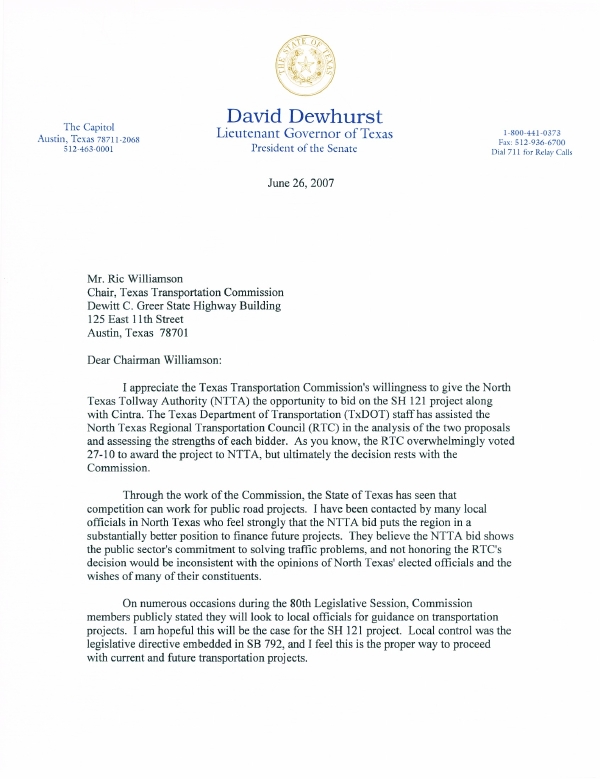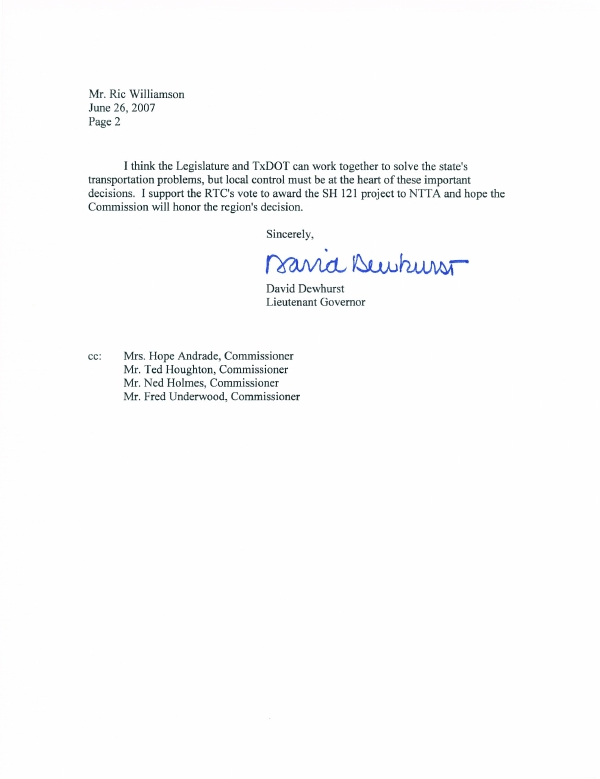Some of the indictments of former U.S. House Majority Leader Tom DeLay and two codefendants should be dropped, according to the Texas Court of Criminal Appeals. Travis County District Attorney Ronnie Earle, whose office obtained the indictments, plans to ask the court to rehear the issue.
The state's highest criminal court agreed, narrowly, with lower courts, saying some of the indictments against DeLay, Jim Ellis, and John Colyandro should be dropped. Those indictments allege conspiracy to break a law that wasn't in the state penal code at the time. Four of the nine judges on the court dissented, saying they didn't see the sense in saying conspiracy applies to some felonies and not to others. Judge Tom Price voted with the majority, but said the dissenters have a point and suggested he might side with them on a future case that makes the same points.
Earle plans to ask for a rehearing, saying the ruling isn't logical: "Criminal conspiracy means three things. It means a person intends to commit a felony. It means that the person agrees that he or his co-conspirators will engage in conduct that would constitute the crime. And it means one of them performs some act in pursuit of the crime. Under the rationale of today’s majority opinion, the Legislature has blessed these criminal conspiracies as long as the felony they agree to commit is not in the Penal Code."
DeLay commented on the case in his blog, comparing Earle to the prosecutor who wrongly went after Duke University's lacrosse players: "The Texas Court of Criminal Appeals today ruled that I was wrongfully indicted by Ronnie Earle, the Mike Nifong of Texas, on laws that didn't even exist... [His] politically motivated indictments cost Republicans the leader of their choice, and my family hundreds of thousands of dollars in legal fees... [He] may think this case is about campaign finance, but in the end it will be a case about his own prosecutorial misconduct."
If the conspiracy charges fall, all three remain indicted on money laundering charges; Ellis and Colyandro face separate indictments on charges they made illegal campaign contributions. And once the Court of Criminal Appeals is done, the case will go back to the trial judge, Pat Priest, for the next round.
Rulings (there are several indictments against each of the three men, but the decisions roll all eight indictments into one package) are at these links:Judge Michael Keasler, opinion



